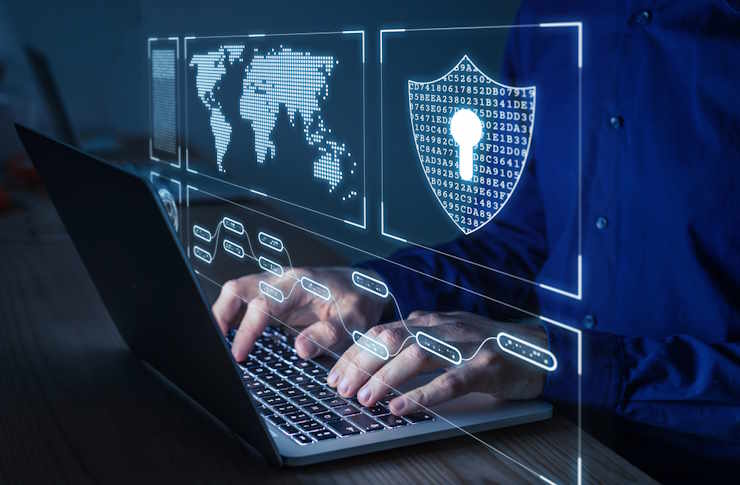Cybercrime and Digital Evidence: Legal Challenges
In an era dominated by technology, the intersection of criminal law and digital landscapes presents unprecedented challenges. This article delves into the complex world of cybercrime prosecution and the admissibility of digital evidence, exploring how legal systems worldwide are adapting to the virtual frontier of criminal activity.

Evolving Legal Frameworks
As cybercrime continues to evolve, legal systems worldwide are struggling to keep pace. Many countries are revising their criminal codes to address new forms of digital offenses, such as ransomware attacks, identity theft, and online fraud. International cooperation is becoming increasingly crucial, with initiatives like the Budapest Convention on Cybercrime providing a framework for cross-border collaboration. However, disparities in national laws and the lack of a unified global approach to cybercrime create loopholes that savvy criminals can exploit.
The Admissibility of Digital Evidence
One of the most significant challenges in cybercrime prosecution is ensuring the admissibility of digital evidence in court. The rules of evidence, developed in an era of physical documents and eyewitness testimony, are being stretched to accommodate digital data. Courts must grapple with issues of authenticity, reliability, and the potential for manipulation of digital evidence. The concept of the chain of custody takes on new dimensions in the digital realm, requiring meticulous documentation of how evidence was collected, stored, and analyzed.
Encryption and the Right to Privacy
The widespread use of encryption technology has created a tension between law enforcement’s need to access digital evidence and individuals’ right to privacy. The debate over encryption backdoors and compelled decryption orders highlights the delicate balance between public safety and civil liberties. Courts around the world are wrestling with questions of whether forcing suspects to provide encryption keys violates the right against self-incrimination. This ongoing legal debate underscores the need for clear guidelines that protect both privacy rights and the integrity of criminal investigations.
Forensic Tools and Expert Testimony
As cybercrime investigations become more sophisticated, the role of digital forensic experts in court proceedings has grown increasingly important. These specialists employ advanced tools to recover, analyze, and interpret digital evidence. However, the complexity of these tools and techniques can make it challenging for judges and juries to assess the reliability of the evidence presented. Courts must determine the standards for admitting expert testimony on digital forensics, ensuring that the evidence is both scientifically sound and comprehensible to lay audiences.
International Jurisdiction and Extradition
The borderless nature of cybercrime poses significant challenges to traditional notions of jurisdiction and extradition. Criminals can launch attacks from one country, targeting victims in another, while storing data in a third. This scenario complicates prosecution efforts and raises questions about which country’s laws should apply. International cooperation is essential, but differences in legal systems, extradition treaties, and political considerations can hinder efforts to bring cybercriminals to justice. The development of clear protocols for cross-border investigations and prosecutions is crucial for effectively combating global cybercrime.
The Future of Cybercrime Prosecution
As technology continues to advance, the legal landscape surrounding cybercrime and digital evidence will undoubtedly evolve. Emerging technologies like artificial intelligence and quantum computing promise to revolutionize both criminal activities and law enforcement capabilities. Legal systems must remain flexible and adaptable to address new forms of cybercrime while safeguarding fundamental rights. Ongoing collaboration between legal experts, technologists, and policymakers will be essential in developing comprehensive and effective strategies for prosecuting cybercrime in the digital age.
In conclusion, the prosecution of cybercrime and the use of digital evidence present complex legal challenges that demand innovative solutions. As the digital and physical worlds become increasingly intertwined, legal systems must adapt to ensure justice can be served in the virtual realm. By addressing issues of jurisdiction, evidence admissibility, and international cooperation, courts can build a robust framework for combating cybercrime while upholding the principles of fairness and due process that form the foundation of the legal system.






